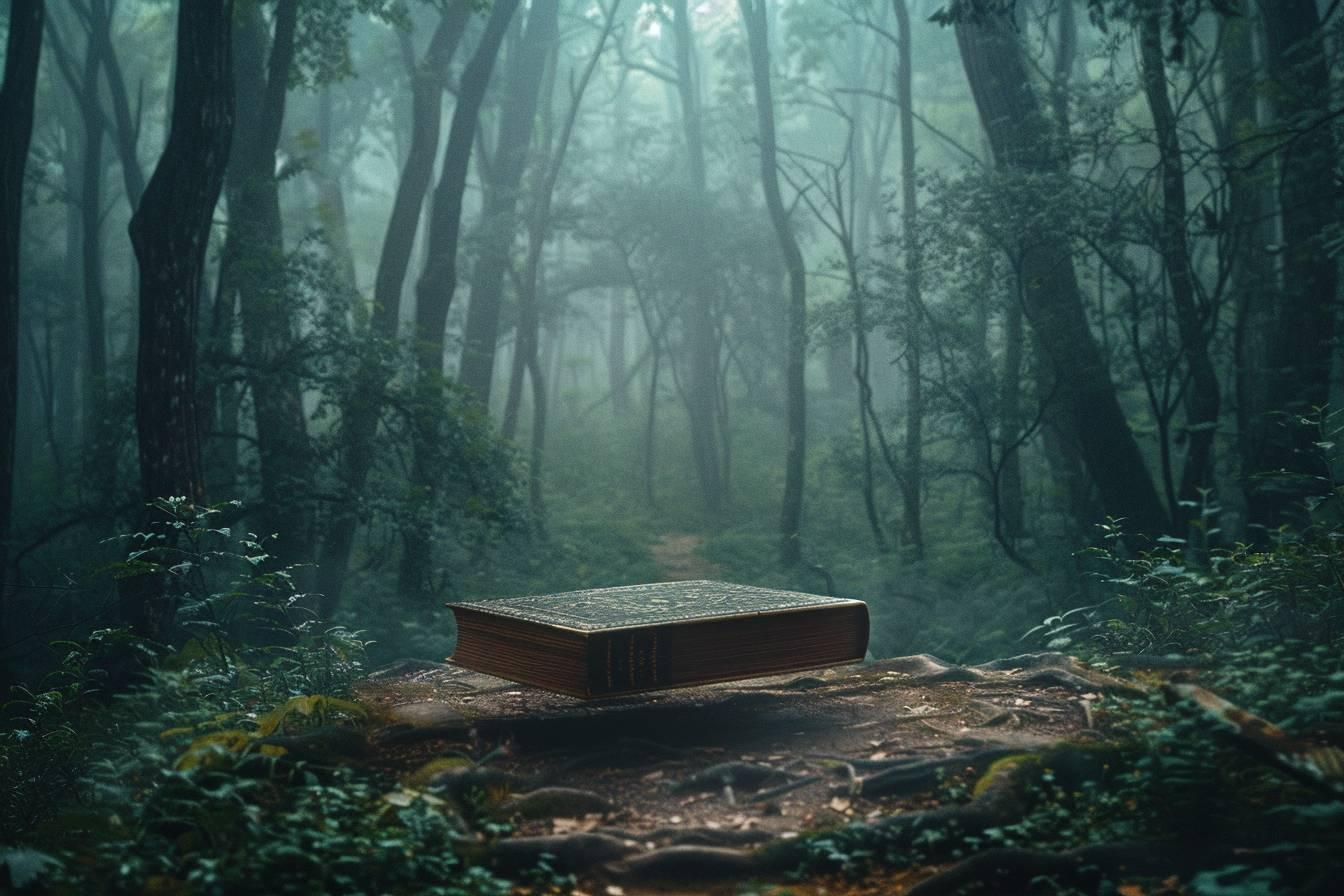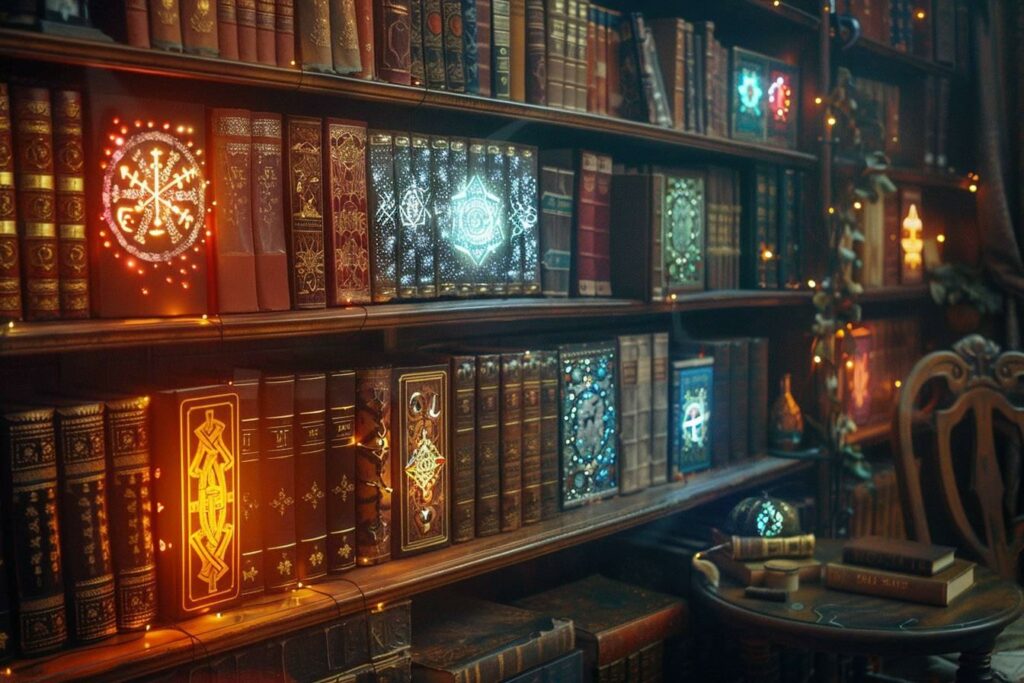Magic novels transport readers into fantastical worlds where spells and mysteries intertwine. These enchanting tales captivate young and old alike, offering an out-of-the-ordinary escape. Let’s delve into this intriguing world where reality meets the extraordinary, and examine the works that make the eyes of magic literature enthusiasts shine.
Journeys of initiation and learning magic
At the heart of magic novels, we often find young heroes embarking on thrilling quests. These apprentice magicians face challenges that challenge them to develop their powers. Learning magic thus becomes a journey of initiation rich in emotions and discoveries.
Among the popular series, “The Magic Thief” by Sarah Prineas and “Charlie Bone” by Jenny Nimmo perfectly illustrate this theme. The protagonists evolve in worlds where magic is an integral part of everyday life, while confronting mysteries and evil forces.
The authors skilfully weave plots combining :
- Thrilling adventure
- Fantastic elements
- Touches of humor
- Progression of magical skills
This combination creates captivating stories that appeal to a wide audience, from 6-year-olds to escape-seeking adults. Readers easily identify with the main characters, sharing their doubts, hopes and triumphs.
Enchanted worlds and magical realism
Magical novels are not confined to purely imaginary worlds. Some authors excel in the art of blending realism and magic, creating fascinating hybrid universes as a result. Chris Adrian’s “A Midsummer Night’s Dream” is a perfect example, transforming San Francisco into an enchanted place where the everyday rubs shoulders with the marvelous.
This approach, often described as magical realism, offers a unique perspective on our world. It allows readers to rediscover their surroundings in a new light, tinged with magic and mystery. Authors sometimes draw inspiration from classic works, such as Shakespeare’s “A Midsummer Night’s Dream”, to create bridges between traditional literature and modern fantasy.
Here’s an overview of the characteristic elements of these enchanted universes:
| Element | Description |
|---|---|
| Familiar places | Familiar towns or landscapes, subtly modified by magic |
| Fantastic creatures | Mythical beings discreetly integrated into the real world |
| Magical objects | Everyday items endowed with supernatural powers |
| Unexplained events | Strange phenomena disrupting characters’ routines |
This fusion of the real and the imaginary enables the authors to tackle profound themes while retaining a dreamlike dimension that captivates readers of all ages.

Masters of the genre and essential works
The world of magical literature boasts many talented authors who have left their mark on the genre. Writers such as Roald Dahl, Robin Hobb, Lev Grossman and Trudi Canavan have created unique worlds and unforgettable characters.
These renowned writers have helped shape the landscape of magic novels, inspiring new generations of authors. Their works, often structured in series or trilogies, allow readers to fully immerse themselves in complex, richly detailed worlds.
Among the elements that make these novels so successful are :
- coherent, well-thought-out magic systems
- engaging characters with complex personalities
- Plots combining action, mystery and personal development
- A subtle balance between humor and seriousness
- Universal themes of friendship, courage and the quest for identity
Publishers have understood the appeal of these magical stories. They often offer attractive illustrated covers, particularly for works aimed at young readers. What’s more, to adapt to new reading habits, many titles are now available in digital and audio formats, effectively widening their accessibility.
Magic heritage in contemporary literature
The influence of magic novels extends far beyond mere entertainment. These tales have shaped the collective imagination and continue to inspire contemporary literary creation. The genre is constantly evolving, with authors pushing the boundaries and exploring new facets of magic.
The legacy of the great classics is felt in modern works, where writers revisit archetypes while adding their own personal touch. This perpetual reinvention of the genre keeps readers interested, while tackling current themes through the prism of magic.
Emerging trends include :
- the integration of ecological issues into magical systems
- The diversification of cultural representations in fantasy universes
- The exploration of magic through new technologies
- The blending of genres, fusing magic with science fiction or thrillers
These literary innovations testify to the vitality of the genre and its ability to renew itself. As a result, magic novels continue to captivate readers, offering an enchanting refuge while inviting them to reflect on the world around them.

